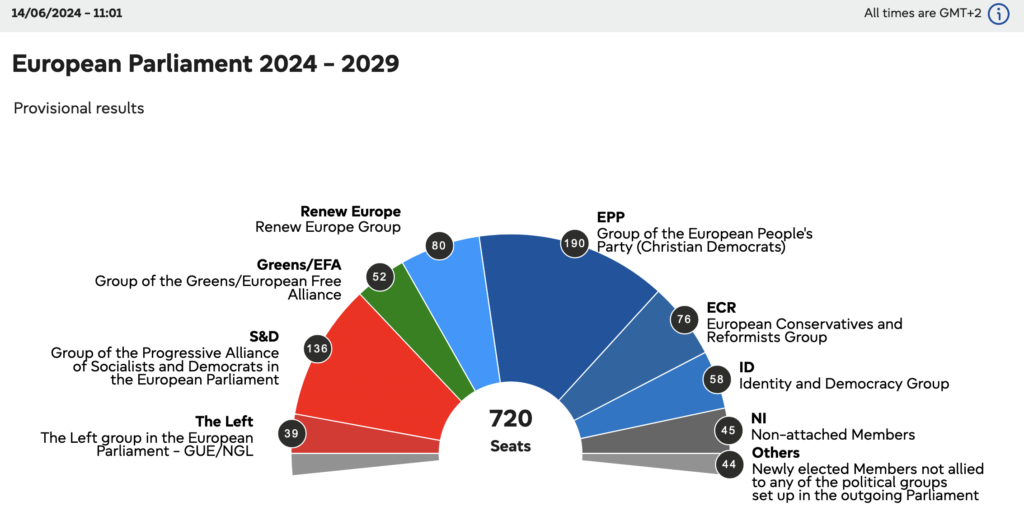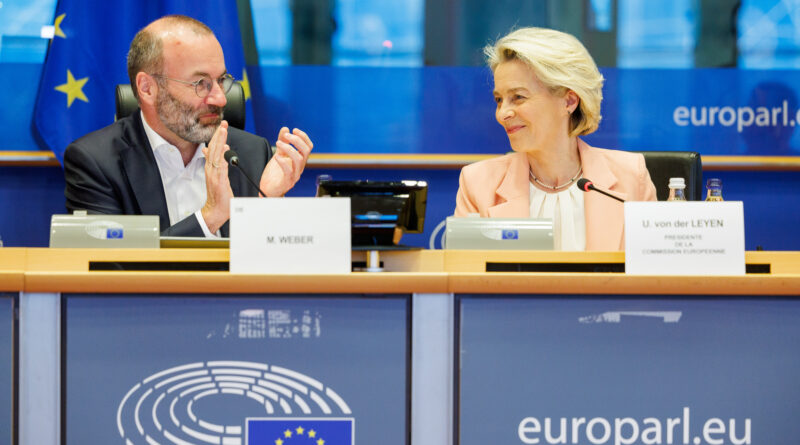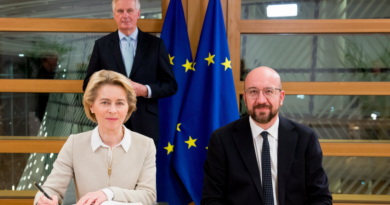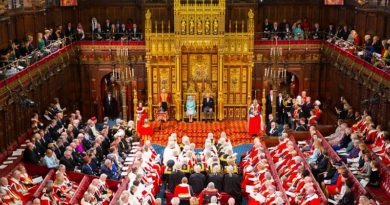European elections: winners and losers, and what happens next
Conservative parties emerged as the winners of the 2024 European Parliament election together with the far-right, which made significant gains in several EU member states, while the Greens and the liberals recorded losses.
In some countries, the results of the vote took an unexpected turn. In France, President Emmanuel Macron called for snap parliamentary elections after his party, Renaissance, received 14% of the votes while the far-right National Rally (Rassemblement National) obtained 31%. In Belgium, Prime Minister Alexander De Croo resigned after the defeat of his Open Flemish Liberals and Democrats.
But as Portuguese news outlet Público writes, the impact of these European elections might be felt more in the capitals than in Brussels. “Sunday’s results caused earthquakes in several governments, but did not move the tectonic plates in the European Parliament,” the newspaper says.
Despite the rise of the far right, the current centrist majority is expected to hold, but there might be impacts in the adoption of future policies, such as on immigration and the environment.
Political groups

Based on provisional results available [updated on 16 June], the conservative European People’s Party (EPP), which won in Germany, Spain, Poland, Bulgaria, Slovenia, Luxembourg, Cyprus, Latvia, Lithuania, Estonia, Finland, Croatia and Greece, will remain the largest group with 190 seats out of 720, 14 more than in 2019.
The Progressive Alliance of Socialists and Democrats (S&D) won in Sweden, Romania, Portugal, the Netherlands (with the Greens) and Malta, but lost ground in Germany. The group is expected to have 136 seats, compared to 139 in 2019.
The liberals suffered a major defeat in France, but won in Slovakia and Czechia. The Renew group is expected to have 80 seats, losing 22 over 2019.
The Greens won in Denmark but also recorded major losses obtaining 52 seats in total, from the current 71.
The group of the Left is projected to have 39 seats, compared to the current 37.
The European Conservatives and Reformist (ECR) won in Italy and are expected to obtain at least 76 seats, 7 more than in the past elections.
Far-right group Identity and Democracy (ID) won in France, Belgium and Austria and is on course to obtain 58 seats from 49 in 2019. In Germany, the far-right Alternative for Germany (AfD) was the second most voted party after the Christian-Democrats and before Chancellor Scholz’s Social Democrats.
Almost 90 elected members are yet to declare their affiliation. A total of 720 members were elected for a 5-year mandate. The number has increased by 15 because of adjustments due to the UK’s withdrawal from the EU and population changes.
What happens next
The inaugural session of the new parliament will be on 16 July in Strasbourg. Talks are ongoing to form the political groups, the ‘families’ of political parties with elected members sharing the same ideology.
Based on the results of the vote, at their meeting of 27 and 28 June leaders of EU countries will nominate the President of the European Commission, who will have to receive the vote of confidence from the parliament. An informal European Council meeting will take place on 17 June to discuss the nominations for the EU’s top posts.
Incumbent Ursula von der Leyen is the EPP candidate for the Commission President post and is likely to be confirmed with the backing of the S&D and Renew. The Greens also offered their support.
Each government, in consultation with the Commission President, will then nominate a Commissioner, to which the President-elect will allocate a policy area. In autumn, the relevant parliament committees will evaluate if the nominees have the competencies for the role, before the plenary votes the consent to the entire Commission. Only then, the legislative work will begin.
Claudia Delpero, Europe Street News © all rights reserved
This article was first published on 13 June and was updated with the latest results on 16 June 2024. Photographer: Christophe Licoppe © European Union, 2024, Source: EC – Audiovisual Service
This article is published in cooperation with El Ibérico, French Morning London, Londra Italia, Londynek and Ziarul Românesc as part of a public information project about the European elections funded by the European Parliament office in London.
Europe Street News is a news service on the European Union and citizens’ rights. We are fully independent and we are committed to providing factual, accurate and reliable information. As citizens’ rights are at the core of democracy, our website and newsletter are free to read. Please consider making a contribution of your choice using this link or the menu below so we can continue and expand our coverage. We are always happy to hear your suggestions and ideas for improvement. Thank you!




